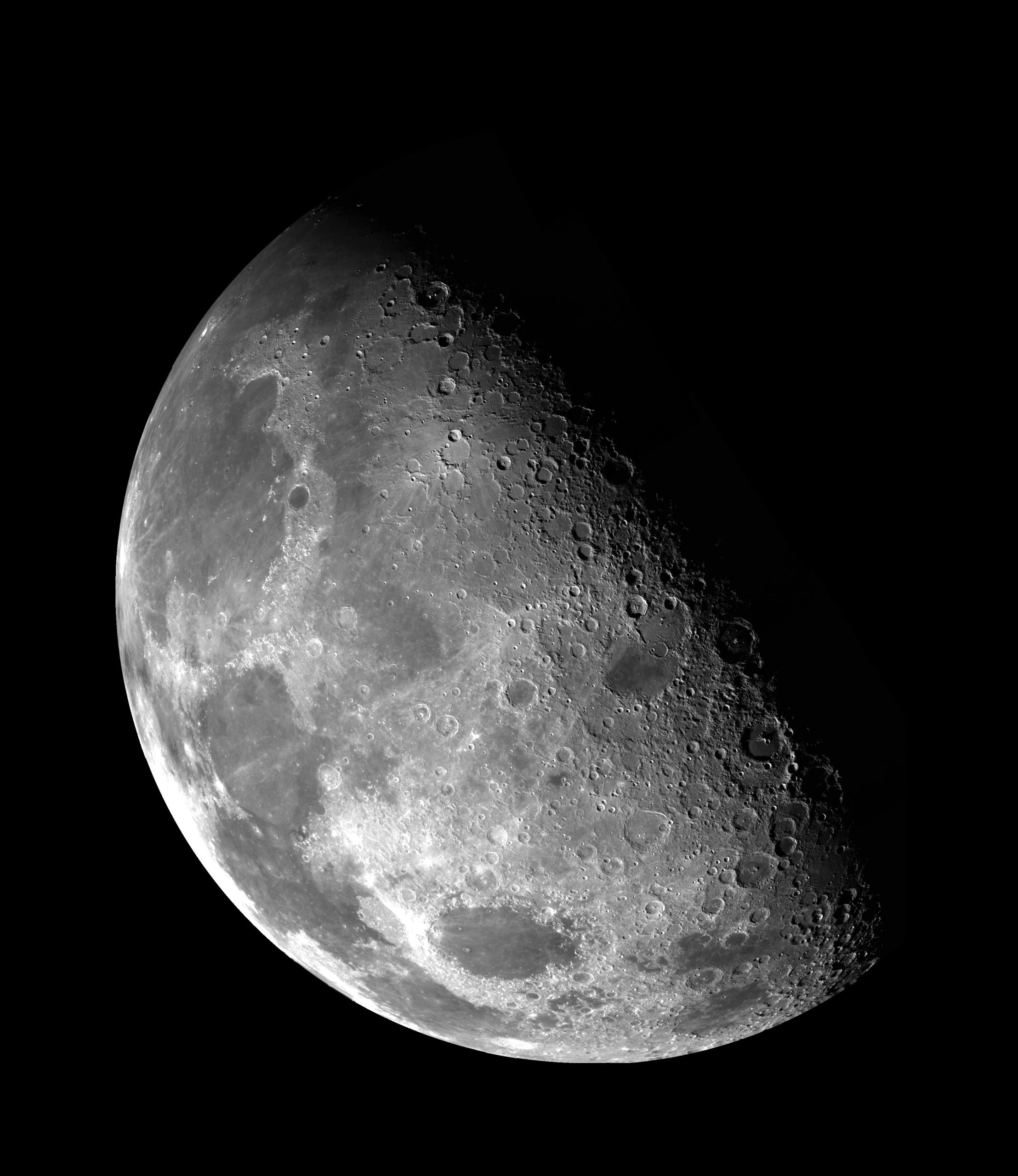Exploring the Secrets of Zoroastrian Mysticism: The Powerful Concept of Asha
When one thinks of ancient religions, Zoroastrianism may not be the first to come to mind. Yet, this ancient faith, originating in Persia around the 7th century BCE, holds profound mystical teachings that continue to resonate with seekers of spiritual enlightenment today. At the core of Zoroastrian mysticism lies a powerful principle known as Asha. In this article, we will delve into the depths of this lesser-known aspect of Zoroastrianism, exploring its origins, layers of meaning, and significance in understanding this mystical tradition.
Unveiling the Essence of Asha
Asha, often translated as “truth” or “divine order,” serves as a fundamental concept in Zoroastrianism. Its meaning goes beyond mere intellectual understanding, encompassing a spiritual and cosmic dimension. Asha is the underlying principle that governs all of creation, from the smallest grain of sand to the grandest cosmic design. It is the force that maintains the perfect balance and harmony between all existence.
Derived from the Old Persian language and earlier Indo-Iranian roots, Asha shares linguistic ties with closely related terms found in other mystical traditions. Sanskrit’s concept of “rita” and the Vedic “ṛta” bear similarities to Asha, reflecting a shared Indo-Iranian heritage. The ancient Greeks recognized this profound concept as “ἀρετή” (arete) or “excellence,” emphasizing the moral aspect of Asha.
Similar to the fundamental concepts of dharma and cosmic order found in Hindu and Buddhist traditions, Asha offers valuable insights into the interconnectedness and interdependence of all things. It elucidates the path of our spiritual evolution and guides us towards living in alignment with the divine.
The Dual Nature of Asha
Understanding Asha requires recognizing its dual nature: cosmic and ethical. On the cosmic level, Asha encompasses the fabric and structure of the universe, ensuring the perpetual motion and order of creation. It is the cosmic law that encompasses the cycles of life, death, and rebirth, as well as the intricate interplay of light and darkness.
On the ethical level, Asha guides human beings towards living in accordance with the divine order. It embodies principles of righteousness, justice, and moral conduct. Zoroastrianism emphasizes the importance of leading a righteous life by aligning one’s thoughts, words, and actions with the principles of Asha. By doing so, individuals contribute to the harmony and well-being of the world.
Asha also highlights the delicate balance between good and evil, which permeates the human realm. This concept reminds us of the power of our choices and the moral responsibility that accompanies them. By consciously choosing virtuous thoughts, words, and actions, we contribute to the triumph of Asha over evil forces.
The Symbolism and Rituals Associated with Asha
The symbol of Asha in Zoroastrianism is a stylized feathered crown, representing the divine authority and truth. Within this symbolism lies the idea that the path of righteousness is the true source of power and victory. This crown can be seen on various Zoroastrian artifacts, including the tomb of Cyrus the Great and the investiture sculpture from Persepolis.
Zoroastrian rituals, such as the Yasna ceremony, serve as a means to connect with the divine and reinforce the importance of Asha in daily life. The recitation of ancient hymns, offerings to sacred fires, and the performance of rituals amplify the connection to the cosmic order and foster a deeper understanding of Asha’s role.
The Relevance of Asha in Modern Times
Although Zoroastrianism has significantly declined in numbers over the centuries, the enduring concept of Asha continues to inspire and inform the search for truth and spiritual growth in contemporary times.
Asha serves as a reminder of the interconnectedness of all beings and the need for human beings to align themselves with the greater cosmic order. In a world filled with chaos and disharmony, embracing the principles of Asha can guide individuals towards a path of righteousness, integrity, and moral responsibility.
The concept of Asha also provides a unifying thread between different mystical traditions, highlighting the shared wisdom and interconnectedness of humanity’s spiritual heritage. By exploring and understanding Asha, we can deepen our appreciation for the rich tapestry of mystical teachings that have shaped human consciousness throughout history.
Conclusion
The concept of Asha within Zoroastrian mysticism offers a profound insight into the cosmic and ethical dimensions of this ancient faith. It elucidates the interconnectedness of all things, the delicate balance between good and evil, and the moral responsibility of human beings to align themselves with divine order. In a chaotic world, the principles of Asha guide seekers towards a path of righteousness, truth, and spiritual enlightenment. By exploring and embracing this powerful concept, we can gain a deeper appreciation for the mystical teachings that transcend time and continue to resonate with the human spirit.
Table of Contents
